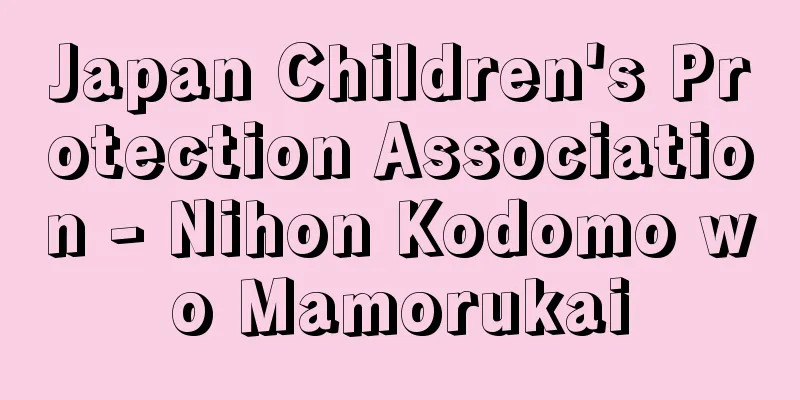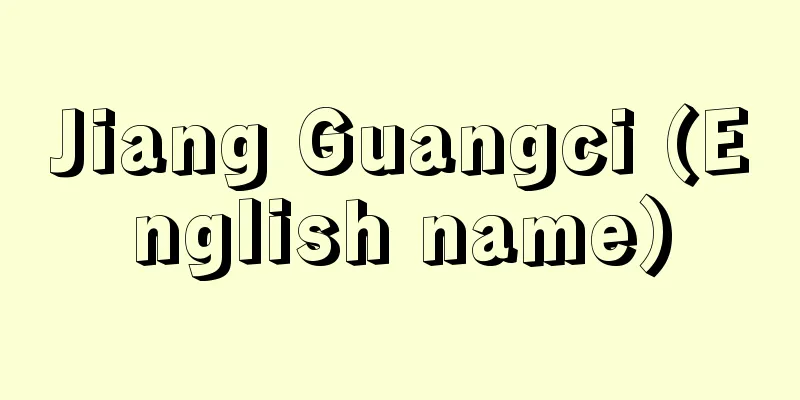Fumiko Hayashi

|
Novelist. Born in Shimonoseki on December 31, 1903 (there are differing theories about both the date and place of birth). Her real name was Fumiko. Her father was Miyata Mataro, a traveling merchant, and she was registered as the illegitimate child of Hayashi Kiku. In 1910 (Meiji 43), her mother divorced, and the following year she married Sawai Kisaburo. The family traveled around Kyushu as peddlers, and Fumiko changed schools several times. In 1912 (Taisho 4), she settled in Onomichi, Hiroshima Prefecture, and in 1919 (Taisho 4), she graduated from Onomichi Municipal Girls' High School. After graduation, she moved to Tokyo relying on her lover Okano Gunichi, and she started her so-called wandering period, changing jobs frequently. In 1911, she founded the poetry magazine Futari with Tomotani Shizue. She lived with actor Tanabe Wakao and poet Nomura Yoshiya, and got to know anarchist poets Okamoto Jun and Tsuboi Shigeji. In 1926, she married Tezuka Rokubin, who was training to be a painter, and her anarchic life finally found stability. In 1928 (Showa 3), she serialized "Hōrōki" in "Onna no Geijutsu" (Women's Art), which was well received, and in 1930, "Hōrōki" was published, which quickly became a best-seller, and she published "Zoku Hōrōki" (Continuation of Hōrōki), which became her breakthrough work. In the same year, she published her first collection of poems, "A Blue Horse to Mitari" (Seeing a Blue Horse). In the same year, she traveled to China. In 1931, she published "The Town of Organs and Fish" and "The Book of Poverty," establishing her position as a writer. In the same year, she traveled to Europe. She broke away from her autobiographical style and succeeded in writing full-fledged objective novels, such as "Nakimushi Kozō" (1934) and "Kaki" (Oysters) (1935). After "Lightning" (1936), he published war memoirs such as "The Front" (1938) and "The Stage on the North Shore" (1939), and then became part of a reporting team and stayed in southern French Indochina (French Indochina), during which time he continued to write short stories. After the war, while she produced a series of anti-war works, she also published such works as "Uzushio" (1947), "Bangiku" (1948, for which she received the Women's Writers Award), "Brown Eyes" (1949), and began the serialization of "Ukigumo" (1949-50). In 1950 (Showa 25), she traveled to Yakushima, but the strain of being a popular writer had weakened her body, and she died suddenly of a heart attack on June 28, 1951, while serializing works such as "Meshi" (1951). Fumiko, who began with poetry and then wrote personal novels, matured into a naturalistic prose writer, and showed no ideological sympathies even during the rise of proletarian literature. She placed emphasis on the real experiences based on her upbringing, in which "her life was full of cheap lodgings," and wrote detailed descriptions of the joys and sorrows of the common people and the psychology of men and women. [Shizuko Hashizume] "Complete Works of Hayashi Fumiko, 23 volumes (1952-53, Shinchosha)" ▽ "Hayashi Fumiko, by Itagaki Naoko (1956, Tokyo Life)" ▽ "Hayashi Fumiko, by Hirabayashi Taiko (1969, Shinchosha)" [Reference item] | |Source: Shogakukan Encyclopedia Nipponica About Encyclopedia Nipponica Information | Legend |
|
小説家。明治36年12月31日下関(しものせき)生まれ(出生日、生誕地ともに異説あり)。本名フミコ。行商人宮田麻太郎を父に林キクの私生児として届けられた。1910年(明治43)母は離婚し翌年沢井喜三郎と結婚、一家は九州を行商して歩き、芙美子は転校を重ねた。15年(大正4)広島県尾道(おのみち)に落ち着き、22年尾道市立高等女学校卒業。卒業後、愛人岡野軍一を頼って上京、職を転々としていわゆる放浪記時代が始まった。24年友谷静栄(ともたにしずえ)と詩誌『二人』創刊。俳優田辺若男や詩人野村吉哉(よしや)と同棲(どうせい)し、アナキスト詩人岡本潤、壺井繁治(つぼいしげじ)らを知る。26年画家修業中の手塚緑敏(てづかろくびん)と結婚、芙美子のアナーキーな生活はここにようやく安定を得た。28年(昭和3)『女人芸術』に『放浪記』連載、好評を博し、30年『放浪記』出版、たちまちベストセラーとなり『続放浪記』を出版、出世作となった。同年処女詩集『蒼馬(あおうま)を見たり』を出す。この年中国を旅行。31年『風琴と魚の町』『清貧の書』を発表、作家としての地位を確立した。この年欧州に旅行。『泣虫小僧』(1934)、『牡蠣(かき)』(1935)など、自伝的な作風を突き抜け本格的な客観小説に成功した。『稲妻』(1936)のあと、従軍記『戦線』(1938)、『北岸舞台』(1939)などを発表、報道班員となって南仏印(フランス領インドシナ)に滞在、この間短編を書き継いだ。 戦後は一連の反戦的な作品を残す一方、『うず潮』(1947)、『晩菊』(1948。女流文学者賞受賞)、『茶色の眼(め)』(1949)などを発表、『浮雲(うきぐも)』(1949~50)の連載を始めた。1950年(昭和25)屋久島(やくしま)旅行に出たが、流行作家としての酷使に身体衰弱し、『めし』(1951)など連載中、昭和26年6月28日心臓麻痺(まひ)のため急逝した。詩に始まり私小説を経て自然主義的な散文作家に成熟した芙美子はプロレタリア文学台頭期にあっても思想的な共感を示さず、「人生はいたるところ木賃宿ばかり」の生い立ちに基づく実感を重視して、市井の哀歓、男女の心理を細叙した。 [橋詰静子] 『『林芙美子全集』全23巻(1952~53・新潮社)』▽『板垣直子著『林芙美子』(1956・東京ライフ社)』▽『平林たい子著『林芙美子』(1969・新潮社)』 [参照項目] | |出典 小学館 日本大百科全書(ニッポニカ)日本大百科全書(ニッポニカ)について 情報 | 凡例 |
<<: Hayashima [town] - Hayashima
Recommend
Net Spirit - Amidama
…In addition, places where Odama-sama is worshipe...
Chemical cell
A battery that converts chemical energy into elect...
Kawanishi Senzuka
⇒ Niizawa Senzuka Kofun Group Source: Kodansha Nat...
Large-leaved tree
...It is widely used as a staple food in Central ...
《Siyāsat nāma》(English spelling)
…One of his efforts was to establish Nizamiya sch...
Yan-shi; Yen-shi
A title given to the wife of the Xiongnu Chanyu (r...
Peace of mind - Peace of mind
〘 noun 〙 (also "anjin")① (━suru) To have...
Master Carpenter - Ondaiku
…Even if the scale of the construction project or...
fictitious parent-child relationship
A relationship in which people who are not biolog...
Yellow-spotted wasp - Yellow-spotted wasp
...They hunt moth larvae and store them in their ...
César‐Pierre Richelet
1631‐98 French lexicographer. Born into a family o...
All-India Kisan Sabha (English spelling)
…Official name: IndiaBharat∥IndiaArea: 3,287,263 ...
Karoku (English spelling) Formosan deer
Also known as the Formosan Sika Deer or Nosed Sika...
Kanichi Asakawa
Born: December 22, 1873, Nihonmatsu, Fukushima Die...
Plântegenêt (English spelling)
…Later it was divided into the County of Anjou an...









